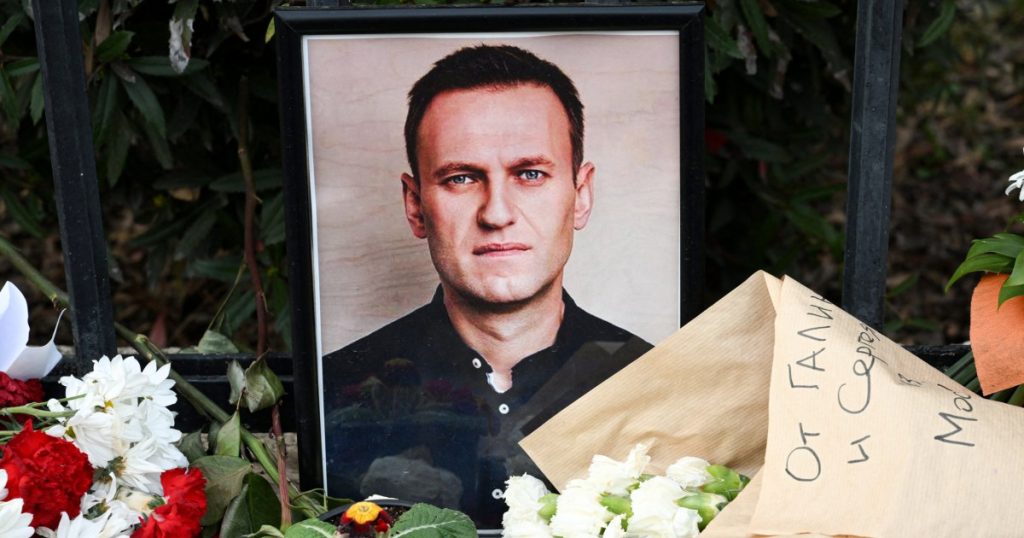U.S. intelligence agencies have concluded that Russian President Vladimir Putin likely did not directly order the killing of Alexei Navalny at a remote penal colony in February. However, the exact circumstances of Navalny’s death remain unclear. While this assessment does not absolve Putin of ultimate responsibility for Navalny’s fate, it suggests that the Russian president may not have called for his killing at that specific time. The decision to send Navalny to a high-security penal colony in the Arctic was seen as effectively imposing a death sentence on the opposition leader, according to sources familiar with the matter.
The findings of the intelligence community reflect a broad consensus across different agencies. The Wall Street Journal was the first to report on this assessment. Following Navalny’s death, President Joe Biden stated that despite the lack of specific information, there is no doubt that Putin and his associates were involved in Navalny’s demise. The Russian Federal Penitentiary Service claimed that Navalny had died after feeling unwell following a walk. The CIA and the Office of the Director of National Intelligence declined to comment on this matter.
Alexei Navalny was 47 years old at the time of his death and was serving a lengthy prison sentence. As Russia’s most prominent dissident, Navalny’s passing was a significant blow to the opposition movement in the country. Navalny had previously been poisoned with a military nerve agent, Novichok, during a business trip in Russia in 2020. Both Navalny and Western officials blamed Putin for the attempted assassination. The poison used on Navalny was similar to that which was used in a 2018 assassination attempt in the UK against a retired Russian military intelligence officer, Sergei Skripal.
Russia has consistently denied any involvement in Navalny’s poisoning in 2020 or his subsequent death in prison. Prior to his death, there were discussions about a potential prisoner exchange between Russia and the United States involving Navalny and Americans detained in Russia. Navalny’s allies believe that Putin had the dissident killed to prevent the proposed prisoner swap that would have secured his release. The death of Navalny has raised questions about the safety and security of opposition figures in Russia, as well as the level of government involvement in such incidents.
The situation surrounding Navalny’s death has further strained relations between Russia and the United States, as well as other Western countries. The ongoing dispute over Navalny’s fate has highlighted the challenges of dealing with the Russian government under Putin’s leadership. Despite international condemnation and sanctions imposed on Russia in response to Navalny’s poisoning and death, the Kremlin has remained defiant and has denied any wrongdoing. The legacy of Alexei Navalny and the circumstances of his death continue to be a point of contention and concern for those advocating for human rights and democracy in Russia.


